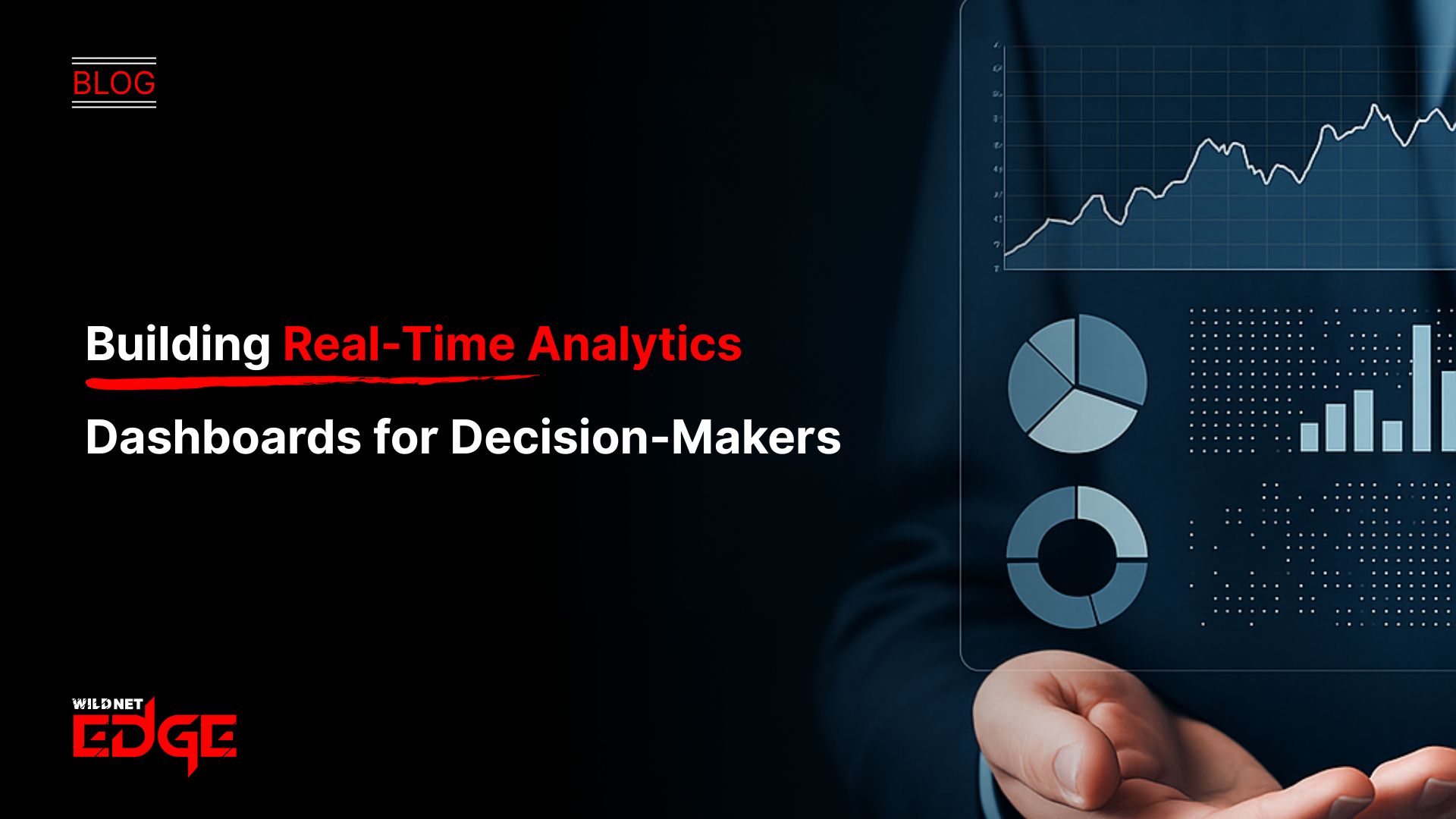Are you tired of juggling multiple systems to manage your hotel bookings? The chaos of double bookings, lost reservations, and inefficient processes can be overwhelming. But what if you could streamline everything with a custom booking system tailored to your needs? In this guide, we’ll explore how hospitality software development can transform your operations and enhance the guest experience.
The Importance of Hotel Booking Software
In today’s fast-paced hospitality landscape, hotel booking software is essential for managing reservations efficiently. This software acts as the backbone of your operations, enabling seamless interactions between guests and hotel staff.
Benefits for Guests
For guests, a well-designed hotel booking system offers convenience and accessibility. They can easily check availability, compare rates, and make reservations from the comfort of their homes or on the go. Features like instant booking confirmation and personalized communication enhance the overall experience, making guests feel valued and informed.
Benefits for Operators
For hotel operators, effective hotel booking software can significantly reduce administrative burdens. By automating processes such as reservation management, payment processing, and guest communication, hotels can focus on delivering exceptional service. Moreover, these systems provide valuable insights through data analytics, allowing operators to make informed decisions about pricing strategies and marketing campaigns.
In summary, the importance of hotel booking software cannot be overstated. It not only improves operational efficiency but also elevates the guest experience, making it a critical investment for any hospitality business.
Key Features of a Property Management System
A robust property management system (PMS) is integral to the success of any hospitality business. It streamlines various operations, from front desk management to housekeeping coordination. Here are essential features that a property management system should include:
Reservation Management
This feature allows for easy tracking of bookings, cancellations, and modifications. A good PMS should provide real-time updates to prevent double bookings and ensure that the availability is accurately reflected across all platforms.
Guest Profiles
The ability to create and maintain detailed guest profiles is essential for personalization. With this feature, staff can access past stay history, preferences, and special requests, allowing for tailored experiences that foster guest loyalty.
Reporting and Analytics
A powerful PMS should offer comprehensive reporting capabilities. This includes financial reports, occupancy rates, and revenue management tools. By analyzing this data, operators can identify trends and make strategic decisions to optimize operations.
Integration Capabilities
Your property management system should seamlessly integrate with other essential tools, such as hotel booking software, payment gateways, and customer relationship management (CRM) systems. This ensures a cohesive workflow and reduces the chances of errors.
Mobile Access
In today’s digital age, having mobile access to your PMS is crucial. Staff should be able to manage operations on-the-go, whether it’s checking in guests or updating room statuses. This flexibility enhances productivity and responsiveness.
Incorporating these features into your property management system can significantly improve operational efficiency and guest satisfaction, setting the foundation for a successful hospitality business.
Custom Solutions vs. Off-the-Shelf Software
When it comes to hospitality software development, choosing between custom solutions and off-the-shelf software can be a daunting decision. Each option has its pros and cons, and understanding these can help you make an informed choice.
Custom Solutions
Pros:
- Tailored Features: Custom software can be designed to meet your specific needs, incorporating unique features that off-the-shelf solutions may not offer.
- Scalability: As your business grows, custom software can be easily scaled to accommodate new requirements.
- Integration Flexibility: Custom solutions can be integrated with existing systems seamlessly, ensuring a smooth workflow.
Cons:
- Higher Initial Costs: Developing custom software often requires a significant upfront investment.
- Longer Development Time: The process of creating tailored software can take longer than implementing an existing solution.
Off-the-Shelf Software
Pros:
- Lower Initial Costs: Off-the-shelf solutions are generally less expensive upfront, making them more accessible for smaller businesses.
- Quick Implementation: These solutions can often be deployed quickly, allowing for immediate use.
Cons:
- Limited Customization: Off-the-shelf software may not meet all your specific needs, leading to workarounds that can complicate processes.
- Dependency on Vendor: You may face limitations regarding updates, support, and future enhancements.
In conclusion, the choice between custom solutions and off-the-shelf software depends on your business needs, budget, and long-term strategy. For businesses with unique requirements, investing in custom hospitality software development may provide the best return on investment.
Future Trends in Hospitality Software Development
The hospitality industry is constantly evolving, and staying ahead of the curve is essential for success. Here are some emerging trends in hospitality software development that are shaping the future:
AI and Machine Learning
Artificial intelligence (AI) is becoming increasingly integrated into hospitality software. From chatbots that handle customer inquiries to predictive analytics that forecast demand, AI can enhance operational efficiency and improve guest experiences. Machine learning algorithms can analyze data patterns to optimize pricing strategies and personalize marketing efforts.
Automation
Automation is streamlining various processes within the hospitality sector. Automated check-in/check-out systems, room assignment, and maintenance requests can reduce manual workload and minimize errors. This allows staff to focus more on guest interactions, enhancing the overall experience.
Mobile Integration
As mobile technology continues to advance, integrating mobile capabilities into hospitality software is becoming crucial. Guests now expect to manage their bookings, check-in, and access services through mobile apps. Providing a seamless mobile experience can significantly improve guest satisfaction and engagement.
Enhanced Data Analytics
Data is a powerful tool in the hospitality industry. Advanced data analytics can provide insights into guest behavior, preferences, and market trends. By leveraging this information, hospitality businesses can make data-driven decisions that enhance revenue and improve guest experiences.
Sustainability Features
With an increasing focus on sustainability, hospitality software development is also incorporating features that promote eco-friendly practices. This includes energy management systems that monitor and reduce energy consumption, as well as tools for tracking and reporting on sustainability initiatives.
As these trends continue to evolve, hospitality businesses must adapt by leveraging innovative software solutions to stay competitive and meet the changing demands of their guests.
Conclusion
In summary, leveraging hospitality software development through custom booking systems can significantly enhance your operational efficiency and guest satisfaction. By investing in tailored solutions, you can streamline your hotel booking software and property management system, ensuring a seamless experience for both your staff and guests.
For tailored solutions that align with your unique business needs, trust WildnetEdge to guide you in implementing the right technology. Our expertise in hospitality software development ensures that you can navigate the complexities of the industry with confidence. Ready to elevate your hospitality business? Let’s get started today!
FAQs
Q1: How can custom hotel booking software improve my business?
Custom hotel booking software can streamline operations, reduce errors, and enhance the guest experience by providing tailored features.
Q2: What should I look for in a property management system?
Look for features like reservation management, reporting capabilities, and integration with other tools, ensuring it meets your business needs.
Q3: Is it better to develop custom software or use existing solutions for hospitality?
It depends on your specific needs; custom software offers tailored solutions, while off-the-shelf options can be quicker and more cost-effective.
Q4: What are the latest trends in hospitality software development?
Key trends include AI integration, mobile accessibility, and enhanced data analytics for better decision-making.
Q5: How does WildnetEdge support hospitality software development?
WildnetEdge specializes in creating custom solutions that cater to the unique challenges of the hospitality industry, ensuring optimal performance and guest satisfaction.

Nitin Agarwal is a veteran in custom software development. He is fascinated by how software can turn ideas into real-world solutions. With extensive experience designing scalable and efficient systems, he focuses on creating software that delivers tangible results. Nitin enjoys exploring emerging technologies, taking on challenging projects, and mentoring teams to bring ideas to life. He believes that good software is not just about code; it’s about understanding problems and creating value for users. For him, great software combines thoughtful design, clever engineering, and a clear understanding of the problems it’s meant to solve.
 sales@wildnetedge.com
sales@wildnetedge.com +1 (212) 901 8616
+1 (212) 901 8616 +1 (437) 225-7733
+1 (437) 225-7733















 ChatGPT Development & Enablement
ChatGPT Development & Enablement Hire AI & ChatGPT Experts
Hire AI & ChatGPT Experts ChatGPT Apps by Industry
ChatGPT Apps by Industry ChatGPT Blog
ChatGPT Blog ChatGPT Case study
ChatGPT Case study AI Development Services
AI Development Services Industry AI Solutions
Industry AI Solutions AI Consulting & Research
AI Consulting & Research Automation & Intelligence
Automation & Intelligence















